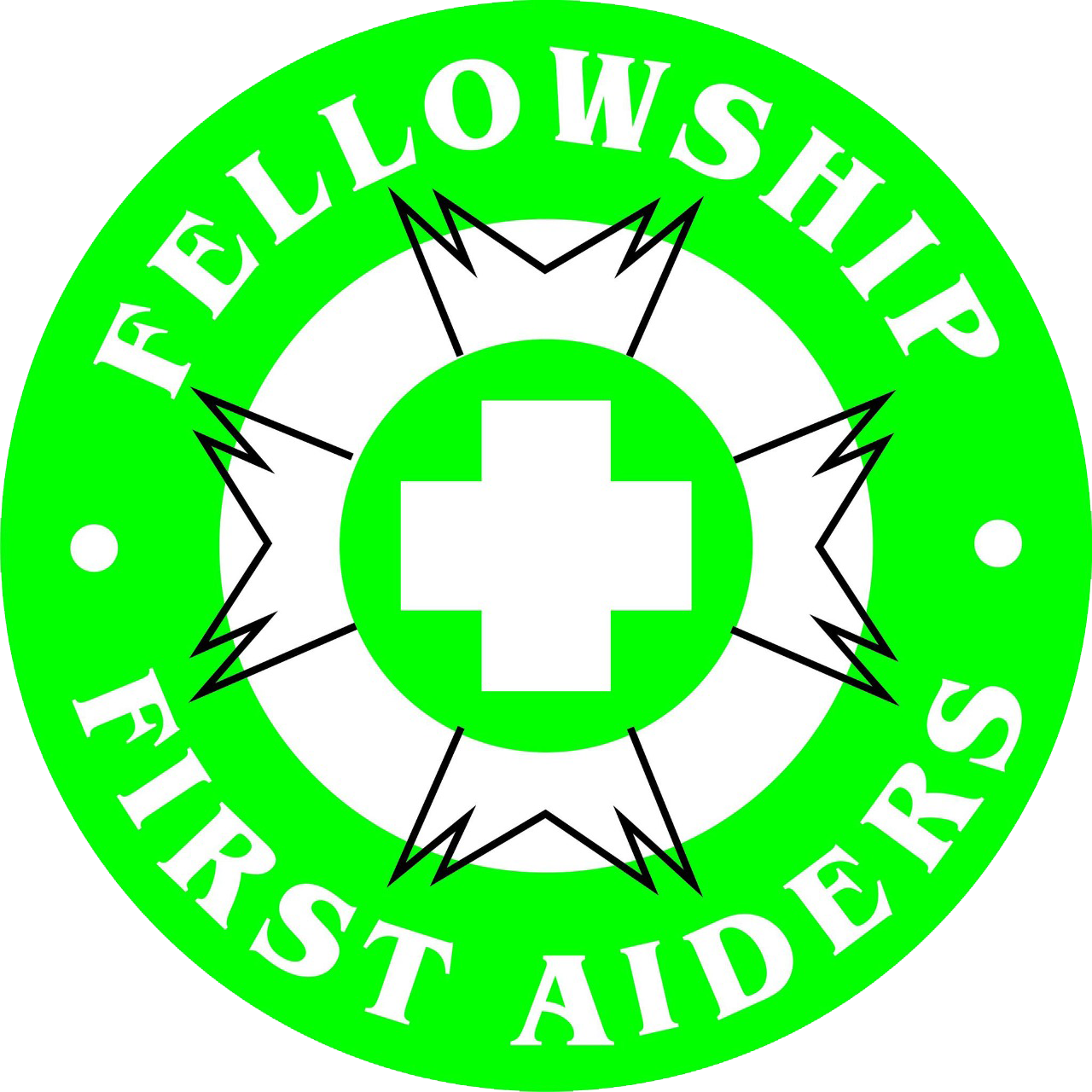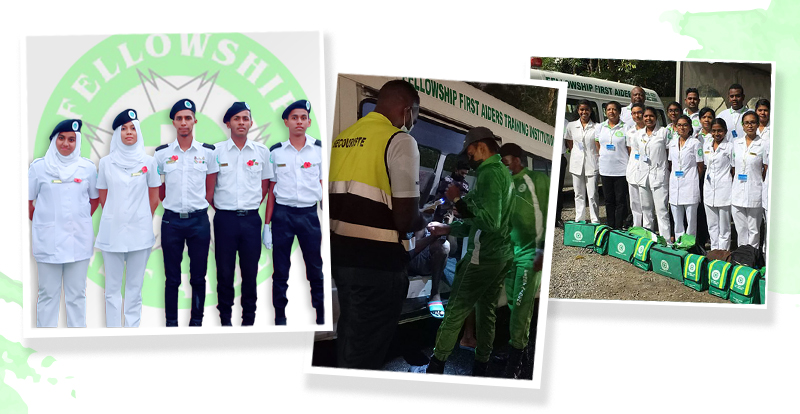First aiders are often unsung heroes who have the potential to save lives in the face of an emergency. They are the first responders in an accident, and their swift action can make the difference between life and death. They are trained in basic life-saving skills, such as how to administer CPR, clear an obstructed airway, and control bleeding. They are also taught to assess the victim’s condition, provide comfort, and contact emergency services. First aiders are essential in a wide range of scenarios. This includes sporting events, workplaces, and public places. For example, first aiders may be the first to respond to a medical emergency in the workplace or during a sports match. In addition, they can provide assistance to those who are injured in their own homes. The role of first aiders is particularly important in rural and remote areas, where access to medical assistance may be limited. First aiders can provide necessary medical care, such as administering first aid or performing basic life support, before medical personnel arrive. First aiders are also trained to recognize the signs of a more serious medical situation and to take the necessary steps to ensure the safety of the victim. This includes calling for help, providing reassurance, and monitoring the victim’s condition until medical help arrives. In short, first aiders play an incredibly important role in saving lives. They are the first on the scene and their quick thinking and decisive action can make all the difference. Without them, many more lives would be lost each year. By taking the time to become a first aider, you can do your part to help save lives.
We live in a world of chaos and uncertainty, but there is one thing that is certain – first aiders are saving lives. From minor scrapes and bruises to life-threatening medical emergencies, first aiders are there to help when needed. First aiders are trained professionals who have the knowledge and skills to respond to medical emergencies and provide basic lifesaving measures. They can provide essential help before professional medical help arrives, giving the person a better chance of survival. First aiders are often found in public places, such as schools and workplaces, as well as in the community. They are trained to recognize the signs of a medical emergency, assess the situation, and provide timely and effective care. First aiders are not just trained professionals. They are everyday heroes who put the needs of others first. They put aside their own fears and worries to be there when it matters most. “The bravest are surely those who have the clearest vision of what is before them, glory and danger alike, and yet notwithstanding, go out and meet it.” –Thucydides. First aiders are often the unsung heroes of the medical world. They are on the front line of medical emergencies, providing competent and compassionate care. They are often the difference between life and death. “Your life and mine shall be valued not by what we take… but by what we give.” -Eleanor Roosevelt. First aiders are true lifesavers. They are often the first responders to medical emergencies and their quick and decisive action can be the difference between life and death. “There are no words that can express the gratitude we owe to those who risk their lives in service to others.” –Anonymous. We owe a debt of gratitude to first aiders for their selfless acts of courage and compassion. They are true heroes and deserve our utmost respect and admiration.
Our team of Fellowship first aiders practices not only the values of saving lives but they preach Humanism:
- Humanism is a philosophy that focuses on the value, dignity, and worth of human life. It has become an important part of many first aiders’ practice, helping them to provide the best possible care to their patients. As a first aider, it is important to understand how humanism can be used to provide the best possible care and to ensure that the patient receives the respect and dignity they deserve.
- Humanism also stresses the importance of communication and listening. As a first aider, it is essential to listen to the patient’s concerns and to take the time to understand what they are going through. This can be done by asking questions, being an active listener, and providing feedback. Additionally, it is essential to ensure that the patient understands the care plan and that the patient is involved in the decision-making process.
- Finally, it is important to remember that empathy and understanding are key components of humanism. As a first aider, it is important to show empathy towards the patient and to put yourself in their shoes. This can be done by being compassionate and understanding the patient’s feelings and emotions. Additionally, offering emotional support and being a source of comfort and reassurance can help the patient feel more secure and valued.
“The power of saving lives as a first aider lies not in the strength of our hands, but in the courage of our hearts.”

